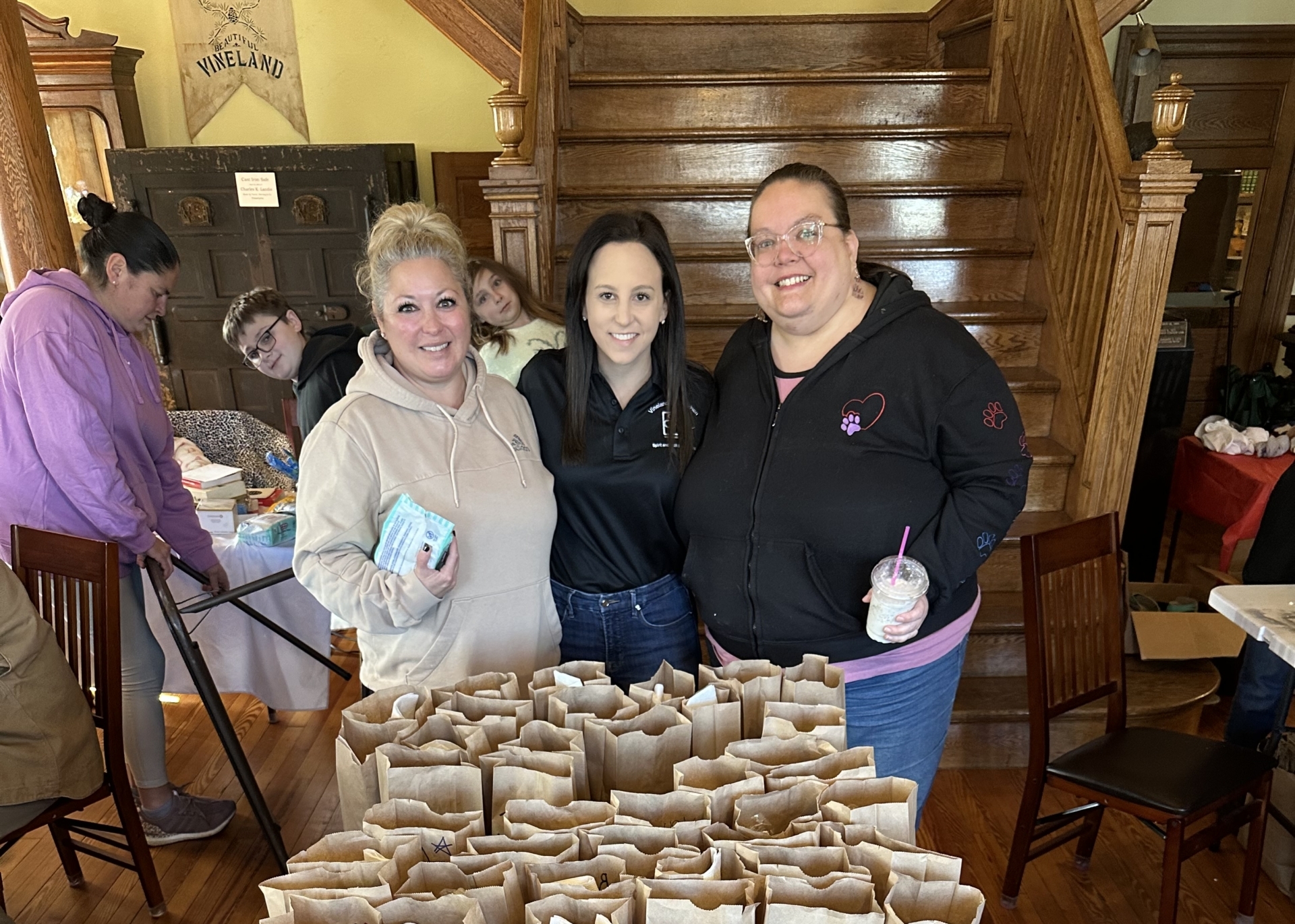OPINION: Small Business Owners Gain Bigger Slice of the Pie as New Jersey Lifts Ban on Selling Home-Baked Goods Giving

People move to New Jersey for many reasons—beaches and boardwalks, diverse culture, family friendly atmosphere, great schools and of course fabulous food. But until recently, New Jersey has been making noise for all the wrong reasons as the only state in the nation that prohibits small business owners from making and selling baked goods using a home kitchen (vs. commercial kitchen). As the Executive Director for the Women’s Center for Entrepreneurship, it is my passion to work with small businesses and I have focused my efforts on helping women and BIPOC entrepreneurs impacted by the Covid-19 pandemic gain access to critical resources to help them succeed. This draconian law created excessive barriers to entry for thousands of small business owners who relied on selling home-baked cookies, cakes, pies and other tasty treats to earn a living for themselves and their families. But finally, with the help of the New Jersey Home Bakers Association, advocates and key lawmakers, the state has lifted its ban and reformed this half-baked law, providing a glimmer of hope for struggling solopreneurs, fempreneurs and BIPOC entrepreneurs across the state.
At the WCEC Women’s Business Center, we work with entrepreneurs (men and women) across various industries in service or product-based businesses including beauty and personal care, wellness, personal fitness, and fashion. At our many Town Halls, support groups, webinars and business counseling sessions, I was struck by how often local business owners pinpointed this restrictive law that prohibited them from starting their business altogether. Being forced to find and rent a commercial kitchen by the hour and increased overhead costs could lead to profit losses. This cottage food law was instrumental in curbing their right to earn a living wage doing something they loved and contributing to the local economy.
When the Covid-19 pandemic hit and everyone was on lockdown, this law had an even more devastating effect for women and BIPOC small business owners who make up a large portion of the cottage food industry. According to a 2018 survey by the Institute for Justice, women make up 83 percent of cottage-food-makers. With thousands of small businesses negatively impacted by the Covid crisis and who were forced to pivot because the business world had gone virtual, they were further disadvantaged by this law because the only option was working from home and transitioning to an e-commerce business to survive. One silver lining that came out of the pandemic was that it actually accelerated the push for deregulation—the perfect storm for the ban to be lifted.
After more than a decade, the NJ Home Bakers Association with the help of the Institute for Justice was able to sue the state in December 2017, which led to the New Jersey Department of Health proposing a new permit for cottage food businesses in April 2020, the law being approved by the governor and adopted in July 2021, with new rules taking effect this October. Now, home bakers can apply for the new cottage food operator permit online allowing them to use home kitchens to make and sell goods for a profit.
What should small business owners do now? Make sure to comply with the specific accepted food categories, submit correct supporting documentation and attend accredited courses. Advocates are also pushing for new laws to allow cooks to go beyond cookies and cakes and to produce full meals, taking advantage of the thriving “prepared meals” marketplace. In addition, increasing the current cap of $50,000 in gross revenues should be considered. Home bakers can learn more by attending the WCEC’s Starting a Food Business in NJ for help with the application and the most up to date information.
As a small business advocate, there is no doubt that this is a big win for small business owners. And as a foodie with a huge sweet tooth, I can’t wait to start tasting the new baked treats especially from NJ’s ethnically diverse residents from countries worldwide.











